
SACRAMENTO — The California State Library is pleased to announce another round of funding for the California Civil Liberties Public Education Program, whose purpose is to ensure that the events surrounding the exclusion, forced removal, and internment of Japanese Americans during World War II are remembered so that they are never repeated against any American.
“Eighty years ago, the United States government rounded up and incarcerated thousands of its citizens and legal residents based on nothing more than their ancestry,” said State Librarian Greg Lucas, speaking of Executive Order 9066, which was issued by President Franklin D. Roosevelt at the onset of World War II on Feb. 19, 1942. In the 1980s, Congress recognized the civil liberties violations of Executive Order 9066, and California launched the California Civil Liberties Public Education program in the 1990s.
“The State Library’s California Civil Liberties Program funds education and arts projects that remind us of the injustice of these actions of the past to prevent similar actions in the present and future,” Lucas said.
The program’s purpose is to fund projects that educate the public about civil liberties injustices carried out against various communities and individuals in the past as well as today. Projects may provide information about civil liberties injustices perpetrated based on an individual’s race, national origin, immigration status, religion, gender, or sexual orientation, as well as the forced internment of Japanese Americans during World War II.
The guidelines, application links and other vital information about the Civil Liberties program are on the California Civil Liberties program website. Eligible applicants include nonprofit organizations and local and state government agencies. Grant requests for up to $125,000 can be made for large-scale preservation, public media, education or museum projects.
Community projects have a maximum grant request of $50,000. Deadline is April 25.
A list of educational projects funded from the California Civil Liberties program since 2016 is on the program’s website at https://www.library.ca.gov/grants/civil-liberties/.
“Fear and bigotry were the root of internment in World War II. Both are still around,” said Lucas. “Better understanding of past mistakes and connecting them with current events helps make sure we remember we’re always stronger together.”
History of Program
California’s Civil Liberties Program was created to educate the public about the rights violations that occurred in the wake of Japan’s Dec. 7, 1941 attack on Pearl Harbor in Hawaii. President Franklin Roosevelt signed Executive Order 9066 on Feb. 19, 1942, which put more than 120,000 Japanese Americans into camps throughout the country.
Congress re-examined the issue in the early 1980s, which led to a federal law requiring both a public apology for internment, the awarding of individual restitution to those incarcerated and the creation of a public education fund. The California Civil Liberties program continues these public education efforts.
California established the California Civil Liberties program in 1998, and funding continued until a hiatus between 2011 and 2016. The budget for the fiscal year that began July 1, 2017, contained $3 million with the expectation that $1 million would be spent annually for three years.
While the program was not funded in the June 2020 budget due to concerns about the pandemic, the Legislature and Gov. Gavin Newsom agreed to fund the program once it became apparent the state budget would not decrease from COVID. In June 2021, Newsom approved $5 million in program funds for three years through to June 30, 2024, with programming through to June 30, 2026.
Since the creation of the California Civil Liberties program, artists, writers, public television stations and other nonprofit organizations as well as state and local government agencies have undertaken more than 300 projects. These include the creation and broadcast of video, films and audio storytelling (narrative and documentary); books, including graphic novels; live readings; photo collections and exhibits; visual art exhibits; museum displays; arts performances of drama, dance and music; oral histories; document and material preservation; educational guides and curriculum; website tools; essay and literature projects; public art and monuments; and music performances and recordings.
Questions about the program for potential applicants can be directed to [email protected]. The State Library website is at www.library.ca.gov, and the Civil Liberties program may be found under the “grants” tab.
 fnatic Rising claim WePlay Academy League Season 5 title
fnatic Rising claim WePlay Academy League Season 5 title
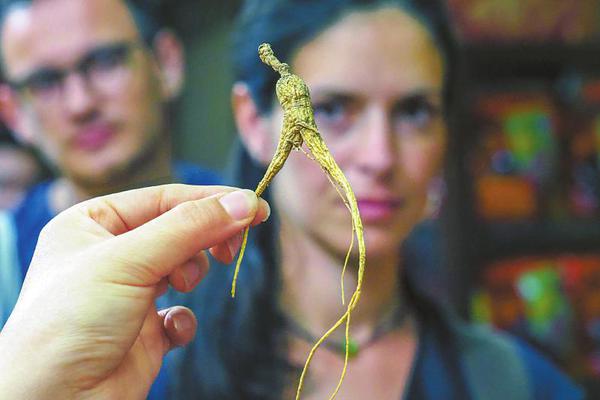 'iPhone 17 Air' plans may be on thin ice — here's why
'iPhone 17 Air' plans may be on thin ice — here's why
 Best Black Friday Beats deal: Solo4 headphones for 35% off
Best Black Friday Beats deal: Solo4 headphones for 35% off
 iOS 18.2 beta 3: 4 Apple Intelligence features you can test now
iOS 18.2 beta 3: 4 Apple Intelligence features you can test now
 Paris Major Legends Stage round 5 matchups decided
Paris Major Legends Stage round 5 matchups decided
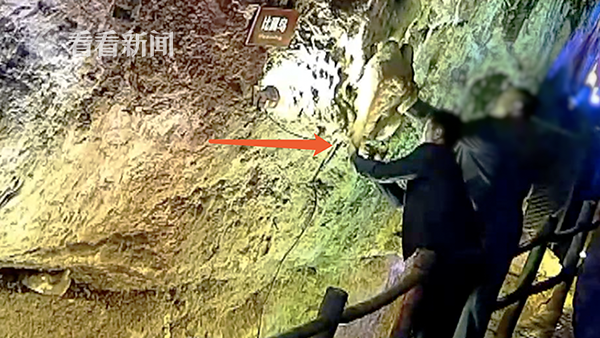 What does queer mean?
What does queer mean?
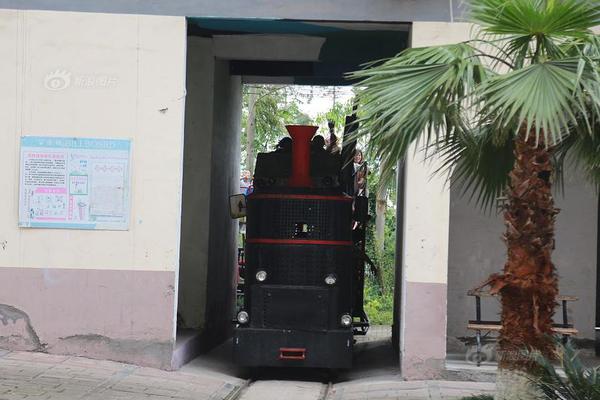 X rival Bluesky sees more than 700,000 new users after the U.S. election
X rival Bluesky sees more than 700,000 new users after the U.S. election
 Early Black Friday headphones deals: Save up to 51% on headphones at Walmart
Early Black Friday headphones deals: Save up to 51% on headphones at Walmart
 Free Metro Rides on Tuesday, Feb. 4th
Free Metro Rides on Tuesday, Feb. 4th
 Match Group removes 44 spam accounts every minute
Match Group removes 44 spam accounts every minute
 IEM Rio Major initial seeding and Challengers Stage opening matchups set
IEM Rio Major initial seeding and Challengers Stage opening matchups set
 Best Black Friday Apple deal: Save $200 on iPhone 13
Best Black Friday Apple deal: Save $200 on iPhone 13
 Meta cuts EU ad
Meta cuts EU ad
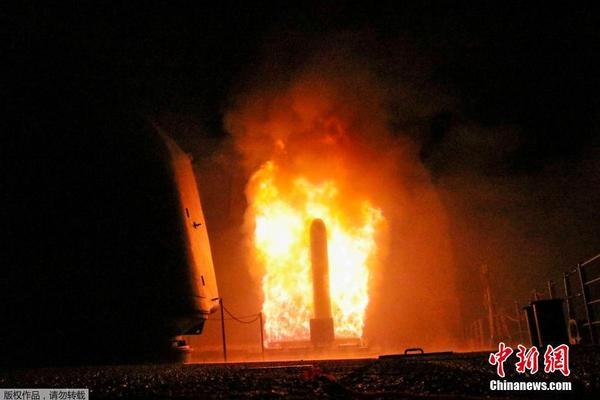 Archer app: New queer dating app for men launches
Archer app: New queer dating app for men launches
 fnatic Rising claim WePlay Academy League Season 5 title
fnatic Rising claim WePlay Academy League Season 5 title
 Best birthday gifts for mom
Best birthday gifts for mom
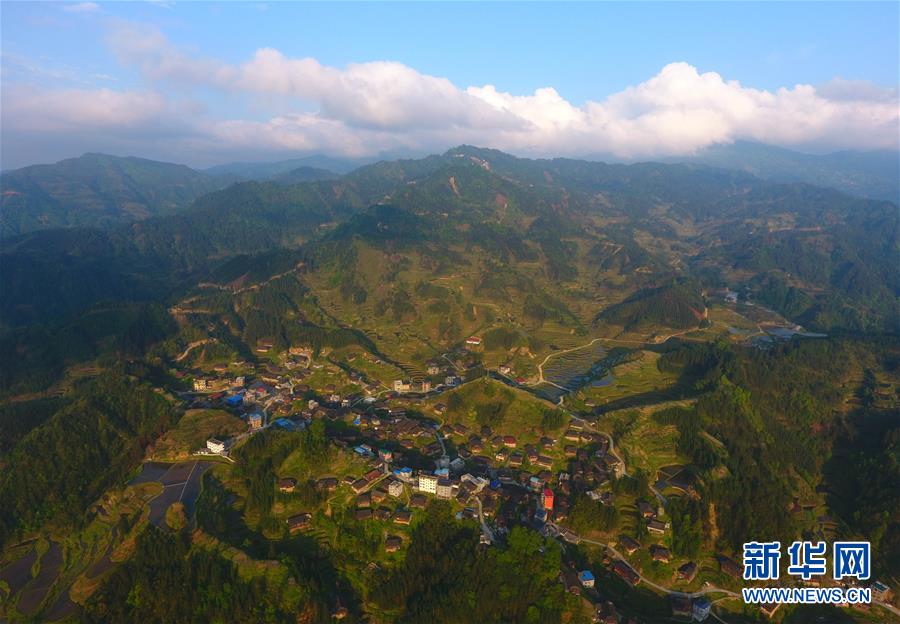 Social media reacts to all
Social media reacts to all
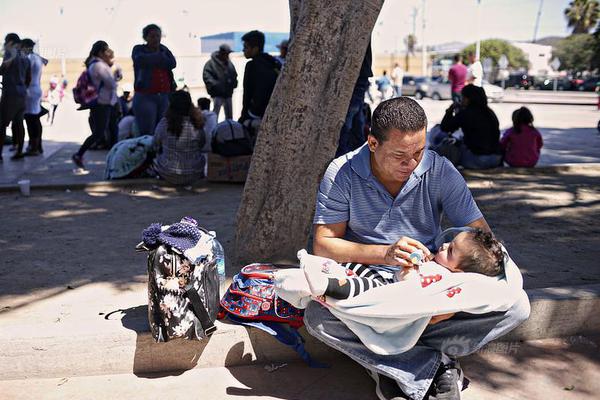 Wes Anderson isn't crazy about your Wes Anderson aesthetic memes
Wes Anderson isn't crazy about your Wes Anderson aesthetic memes
 Ready, Set, Go!
Ready, Set, Go!
 TikTok trend sets obscure NBA highlights to indie music. It rules.
TikTok trend sets obscure NBA highlights to indie music. It rules.
Nishi Troop 738 Celebrates Eagle ScoutsRuth Asawa's Public Art TourJapanese Say Final Goodbye to Assassinated Former Leader Abe‘Hello Maggie!’ Getting New Lease on LifeTop political advisor stresses jointly guarding Taiwan Strait peace, advancing reunificationTaiwan night market finds new home in Chinese mainlandFeast for the Eyes and Taste Buds at Delicious Little TokyoFuneral and Inurnment Services for Rev. Keizo Norimoto AnnouncedMatsui Statement on the Passing of Joan DidionMainland urges US to handle Taiwan question with utmost prudence Stud kitten is feelin' himself after getting a brand new sweater Snarky tweets feature sweet pictures of grandparents to mock Trump's travel ban It took this Dalmatian three years to learn to smile so please appreciate it xHamster's new sex doll is based on what its biggest users want in a woman A very good dog got a round of applause after interrupting a symphony Fired Vogue editor burns down the house in blisteringly candid interview Woman briefly trapped in garage with a huge bear Justin Trudeau's socks upstaged by Irish Prime Minister Leo Varadkar Makeup brand Nars is sorry for animal testing, but it's not going to stop either In the Shetland Islands, swiping on Tinder doesn't mean you're single
0.1571s , 14340.890625 kb
Copyright © 2025 Powered by 【home made cheating sex video】California Civil Liberties Grant Program Open,Global Perspective Monitoring